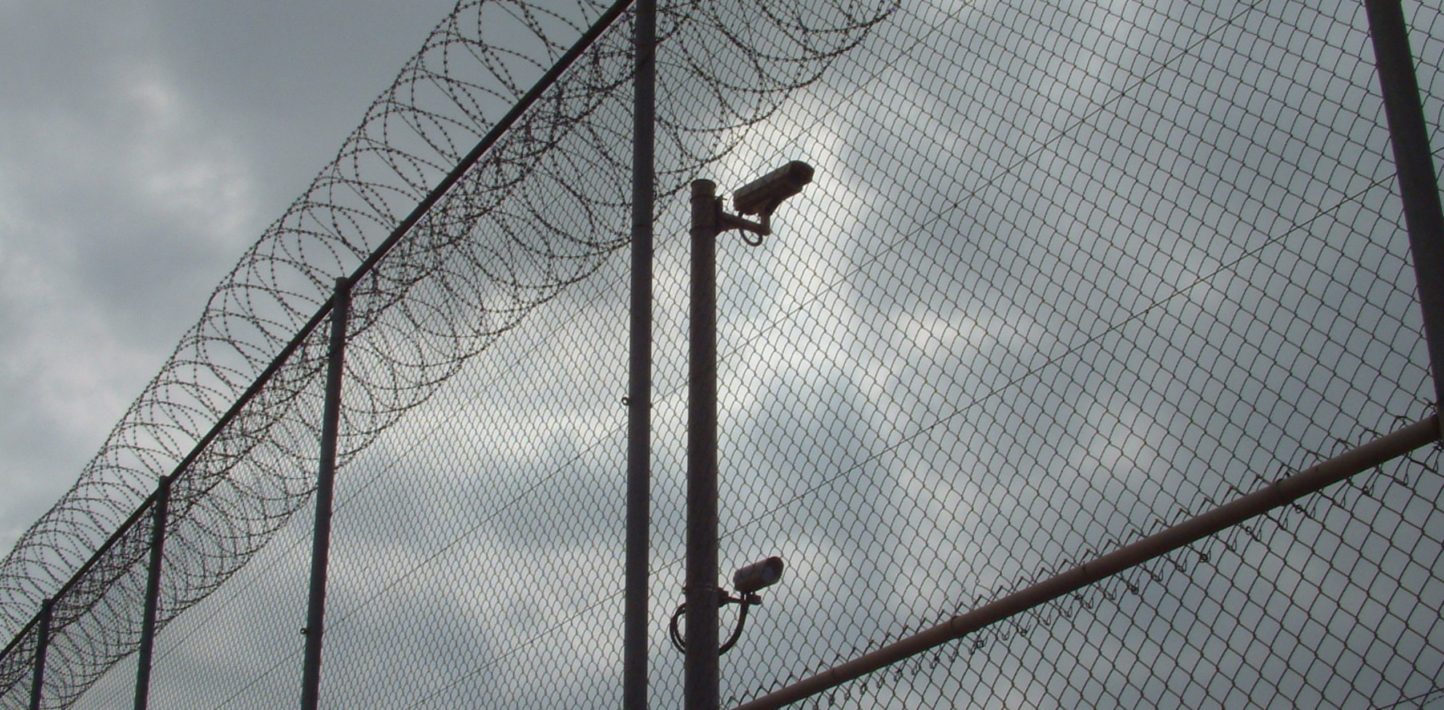The Spanish authorities must urgently repeal a provision of the so-called “gag law” that allows people to be expelled without an opportunity to apply for asylum or an assessment of the risks they would face if returned from Ceuta and Melilla to Morocco, Amnesty International said. It issued the call as Spain’s treatment of migrants and refugees comes under renewed scrutiny at the European Court of Human Rights (ECtHR).
The ECtHR will tomorrow begin hearing arguments in an appeal by the Spanish government against the Court’s ruling in October 2017 that Spain violated the rights of two African men by expelling them to Morocco without following international standards.
“Spain’s decision to legalize summary expulsions in 2015 completely disregards international law, which prohibits states from expelling people without considering their situation and returning them to countries where they may face torture and ill-treatment,” said Francesca Pizzutelli, Amnesty International’s researcher on migrants and refugees rights.
“Even though Spain’s new government has committed to amending the law, we are deeply concerned by its decision to seek a revision of the ECtHR’s ruling. This, combined with continuing collective expulsions of people to Morocco in recent months, raises serious questions about the Spanish authorities’ willingness to end this illegal practice.”
The individuals in question in the ECtHR case – an Ivorian and a Malian national – were crossing the border fence separating the Spanish enclave of Melilla from Morocco in August 2014, when they were arrested by Spanish Guardia police and immediately pushed back to Morocco.
In violation of international law, they were denied the opportunity to apply for asylum and an assessment of the risks they would face if they were returned to Morocco. Their automatic rejection also deprived them of the possibility to appeal against the decision to expel them and access an effective remedy in Spanish courts.
Amnesty International has documented an escalating crackdown by the Moroccan authorities on refugees and migrants, featuring major raids targeting thousands of people this year. Since the end of July, up to 5,000 people have been apprehended by the Moroccan authorities, piled onto buses, forcibly displaced and abandoned in remote areas near the border with Algeria or in the south of the country.
“The Spanish government must immediately repeal the provision allowing for border rejections and end these cruel and unlawful expulsions of migrants and asylum-seekers to Morocco, where they can expect little, if any, protection by the authorities,” said Francesca Pizzutelli, Amnesty International’s researcher on migrants and refugees rights.
The Spanish government must immediately repeal the provision allowing for border rejections and end these cruel and unlawful expulsions of migrants and asylum-seekers to Morocco, where they can expect little, if any, protection by the authorities,
Francesca Pizzutelli, Amnesty International’s researcher on migrants and refugees rights
“Spain and the European Union must prioritize the protection of human rights of people on the move and the creation of an asylum system in Morocco in their relations with Moroccan authorities.”
Background:
On 26 September the Grand Chamber of the European Court of Human Rights (ECtHR) will hear arguments in the case of N.D. and N.T. vs Spain. The case has been brought by two applicants, a Malian and an Ivorian national, who allege that they were summarily expelled by Spanish border authorities from the Spanish enclave of Melilla to Morocco on 13 August 2014, without any opportunity to apply for asylum, no individual assessment of their circumstances and the risks they could face if returned to Morocco.
On 3 October 2017, the Chamber of the European Court of Human Rights delivered judgment in their favour, finding Spain had violated their rights to be free from collective expulsions (Article 4 Protocol 4 ECHR) and their right to an effective remedy (Article 13 ECHR). But Spanish authorities decided to request the ruling be referred to the Grand Chamber of the Court, which began hearing the arguments of the parties on 26 September.
Amnesty International, together with other organizations, submitted interventions in both the case before the Chamber and the Grand Chamber, offering the Court their views on international human rights and EU law regarding the prohibition of collective expulsion and the principle of non-refoulement.


